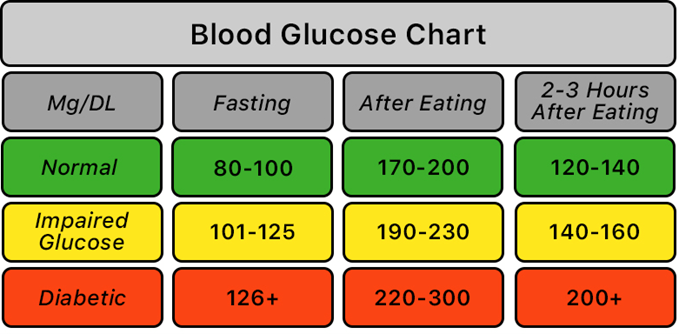A nurse observes another nurse performing a procedure in the incorrect sequence. The procedure does not harm the client. Which of the following actions should the nurse take first?
Correct the mistake independently.
Speak with the other nurse privately.
Volunteer to perform the procedure next time.
Submit an incident report.
The Correct Answer is B
The first action the nurse should take is to speak with the other nurse privately. This allows the nurse to address the mistake in a respectful and professional manner and provide guidance on how to perform the procedure correctly in the future.
Option A is incorrect because correcting the mistake independently does not address the underlying issue of the other nurse performing the procedure incorrectly.
Option C is incorrect because volunteering to perform the procedure next time does not address the underlying issue of the other nurse performing the procedure incorrectly.
Option D is incorrect because submitting an incident report may be necessary, but it should not be the first action taken.
Nursing Test Bank
Naxlex Comprehensive Predictor Exams
Related Questions
Correct Answer is D
Explanation
Of the four clients described, the nurse should attend to the client who has diabetes and had a 0600 blood glucose level of 60 mg/dL first. This client's blood glucose level is low and requires immediate intervention to prevent further complications.
Option A may require attention, but the client's condition is stable and they are receiving treatment.
Option B may also require attention, but an oxygen saturation of 90% is within an acceptable range for a client with COPD.
Option C may also require attention, but the client's restlessness during the night does not indicate an immediate need for intervention.

Correct Answer is ["B","C","E"]
Explanation
Discussing clients at the table in the cafeteria [b], disposing of written report sheets into the facility trash receptacle [c], and sharing a personal password with a coworker [e] are all actions that jeopardize client confidentiality. Client information should be kept private and secure at all times. Discussing clients in public places or disposing of client information in an unsecured manner can result in unauthorized access to confidential information. Sharing personal passwords can also compromise the security of client information.
The other options do not jeopardize client confidentiality. Removing client information from fax machines immediately [a] helps to prevent unauthorized access to confidential information. Giving verbal reports at change of shift in a designated conference room [d] is a standard practice that allows for the secure transfer of client information between healthcare providers.
Whether you are a student looking to ace your exams or a practicing nurse seeking to enhance your expertise , our nursing education contents will empower you with the confidence and competence to make a difference in the lives of patients and become a respected leader in the healthcare field.
Visit Naxlex, invest in your future and unlock endless possibilities with our unparalleled nursing education contents today
Report Wrong Answer on the Current Question
Do you disagree with the answer? If yes, what is your expected answer? Explain.
Kindly be descriptive with the issue you are facing.
